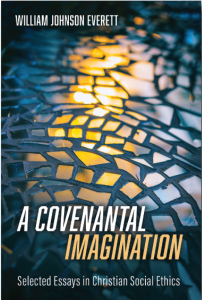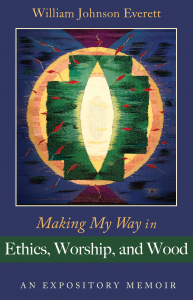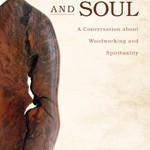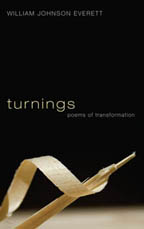The widely recognized dysfunction and paralysis of the US Senate is creating a Constitutional crisis in our country analogous to the fault-line that has created the devastating earthquake in Haiti. Like that quake, this one has been building for some two hundred years. Our Constitution envisioned the Senate as a deliberative body relatively insulated from the turbulent passions of the people that found voice in the House of Representatives. However, the partisanship that the drafters feared has now created an institution so hamstrung by its own rules that it cannot proceed by the majority vote assumed by the Constitution except in a few specific cases. Senators representing as little as 10% of the population can stymie action desired by the 90%. As if a grotesque parody, the Senate now functions as a Quaker meeting run amok. What has gone wrong?
The Constitution authorizes the Senate to develop its own rules. Among them has been the filibuster that delays votes until 60 (formerly 67!) senators vote to call the question. These and other practices are embedded deeply in the fundamental appeal of the Enlightenment to self-government through reasoned deliberation. The Founders wanted to establish a protected sphere for reasonable debate, deliberation, and negotiation over against the mind of a single monarch or an impassioned mob. Instead of a hierarchy of subject-lord-monarch-God they devised a “machinery” of competing sovereignties bound together in a covenant – the Constitution.
However, this tri-partite machinery – this confederation of deliberative orders – could only function if indeed there existed a tangible possibility of consensus based in a common knowledge of the situation. What has always threatened to derail this deliberative order is the cauldron of passions, loyalties, greed, and blind lust of ordinary people, especially people in groups. The formation of political parties – that is, governments in waiting – along with the inevitable factions of economic interest and regional affections now threatens to immobilize our Republic.
My own work in ethics (God’s Federal Republic and other writings), restorative justice, and worship (the Roundtable Worship Project) has taken the enlightenment ideal of public wisdom, conversation, debate, and reconciliation very seriously. I have come to see the circle process of collaboration and the search for a peace-building consensus to lie at the heart of the creative process shaping all life. At the same time, this search is always endangered by our anxious desire for power over others, for escape from the system of earth’s dynamics, for the absolute of our own claims over any others. The authors of The Federalist Papers as well as theologians like Reinhold Niebuhr knew this problem well.
So the Constitutional crisis is also a crisis in our ideal of a deliberative democracy bound in constitutional covenant. Whether there is a “we the people” who can both amend the Senate’s ways as well as rekindle the commitment to deliberation for the common good is the question before us.







 Red Clay, Blood River
Red Clay, Blood River